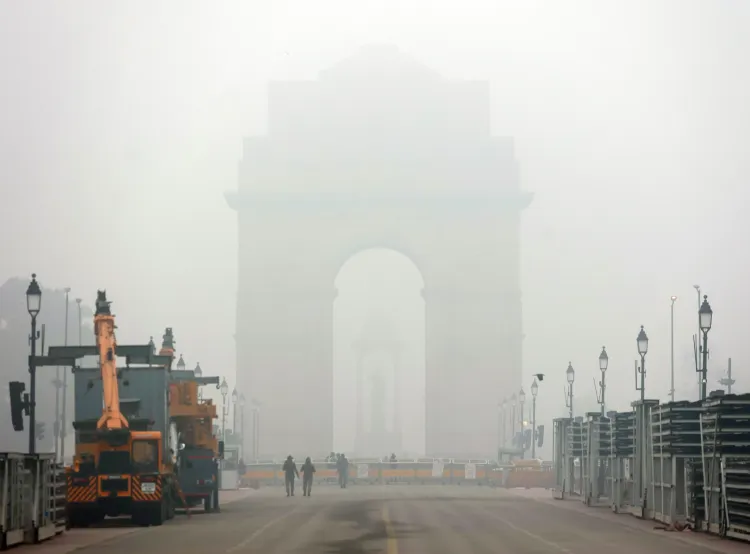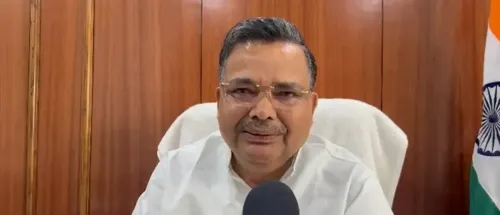How Many Cold Wave Deaths Occurred from 2019 to 2023?

Synopsis
Key Takeaways
- 3,639 cold wave deaths reported from 2019 to 2023.
- NHRC urges proactive measures from state governments.
- Focus on protecting vulnerable populations.
- Emphasis on implementing NDMA guidelines.
- Call for Action-Taken Reports from authorities.
New Delhi, Oct 23 (NationPress) The National Human Rights Commission (NHRC) reported a staggering 3,639 fatalities due to cold waves from 2019 to 2023. In response, on Thursday, the NHRC urged 19 state governments and 4 Union Territories to adopt proactive measures and provide relief for the most vulnerable populations as winter approaches.
The NHRC emphasized the urgent need to safeguard newborns, children, infants, the poor, the elderly, the homeless, destitutes, and individuals engaged in begging, all of whom are at heightened risk due to inadequate shelter and resources, as stated in their announcement.
The Commission requested Action-Taken Reports from the governments regarding measures implemented to combat cold waves and underscored the necessity for the relevant State and UT authorities to be aware and responsive.
Based on the National Crime Records Bureau (NCRB) report, ‘Accidental Deaths and Suicides in India,’ the NHRC highlighted that between 2019 and 2023, a total of 3,639 individuals lost their lives as a result of cold wave exposure across the nation.
In its communication to the state and UT administrations, the NHRC reiterated the guidelines from the National Disaster Management Authority (NDMA) aimed at alleviating the effects of cold waves.
The Commission recognized the influence of climate change on weather patterns, which adversely affects human rights, and reaffirmed its commitment to safeguarding vulnerable communities impacted by severe weather, ensuring their dignity and rights are upheld.
The NHRC called for enhanced awareness among officials and requested Action Taken Reports on preventive measures to protect at-risk populations from the harsh consequences of cold waves.
The NHRC also outlined several NDMA guidelines intended to mitigate cold wave impacts, including establishing treatment protocols, setting up both day and night shelters, providing medical attention for cold-related health issues, and ensuring continuous oversight of relief operations while adopting a proactive strategy for effective implementation.
According to the NCRB’s 2023 report, ‘Accidental Deaths and Suicides in India,’ out of 6,444 accidental fatalities attributed to natural forces, approximately 11.4% were due to ‘Exposure to Cold.’









